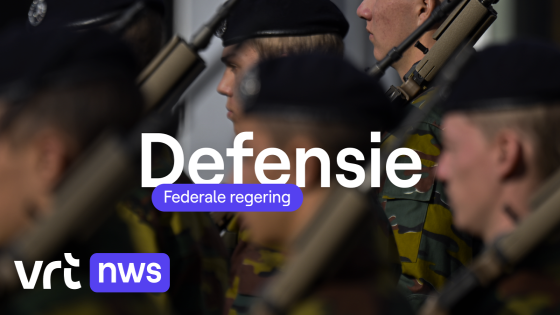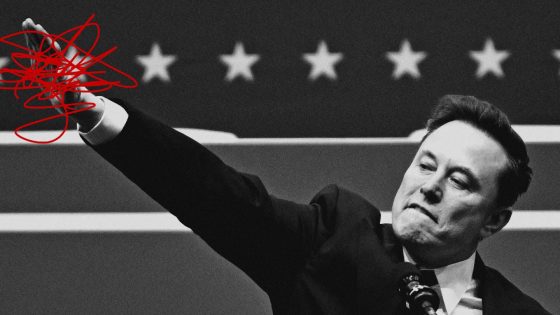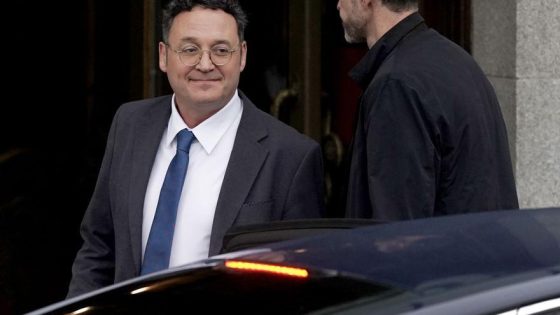On February 2, 2025, Belgium‘s government announced plans to increase military personnel from 25,000 to 29,100 by 2030. This ambitious initiative aims to attract motivated citizens over the age of 30 or 50. But how will these changes impact national security and defense readiness?
- Current military personnel: 25,000 members
- Target personnel by 2030: 29,100
- Plans to raise military retirement age
- Shared employment projects with private sector
- Introduction of voluntary military service for youth
- Development of trained combat and territorial reserves
The Belgian government is also considering raising the retirement age for soldiers and introducing a voluntary military service for young people. What does this mean for the future of Belgium’s defense strategy?
Belgium’s Military Expansion: A Strategic Move Towards Enhanced Defense
This new plan raises questions about how Belgium will ensure a well-trained and ready military force. With global tensions rising, can Belgium afford not to strengthen its defenses?
The Future of Military Service in Belgium: Key Changes Ahead
The Belgian government is making significant adjustments to its military structure. These changes include:
- An increase in active personnel from 25,000 to 29,100 by 2030.
- A gradual rise in the retirement age for soldiers from 56 years.
- Opportunities for shared employment projects with the private sector.
- A new voluntary military service program lasting 12 months for youth.
Attracting Older Citizens: A New Approach to Recruitment
The focus on recruiting motivated individuals over the age of 30 or even 50 is a fresh approach for Belgium’s armed forces. This strategy acknowledges that experience matters in defense roles. By tapping into this demographic, can Belgium create a more diverse and capable military workforce?
Creating a Combat Reserve: Strengthening National Security
A crucial part of this initiative includes building a well-trained combat reserve aimed at defending national territory. This reserve would enhance rapid response capabilities during crises or conflicts—how vital is it for nations today to have such preparedness?
No Return of Mandatory Service: Emphasizing Voluntary Commitment
The decision not to reinstate mandatory military service reflects changing societal values regarding civic duty and personal choice. Instead, offering voluntary service allows young people who are passionate about serving their country an opportunity without compulsion—will this model inspire greater participation among youth?
































